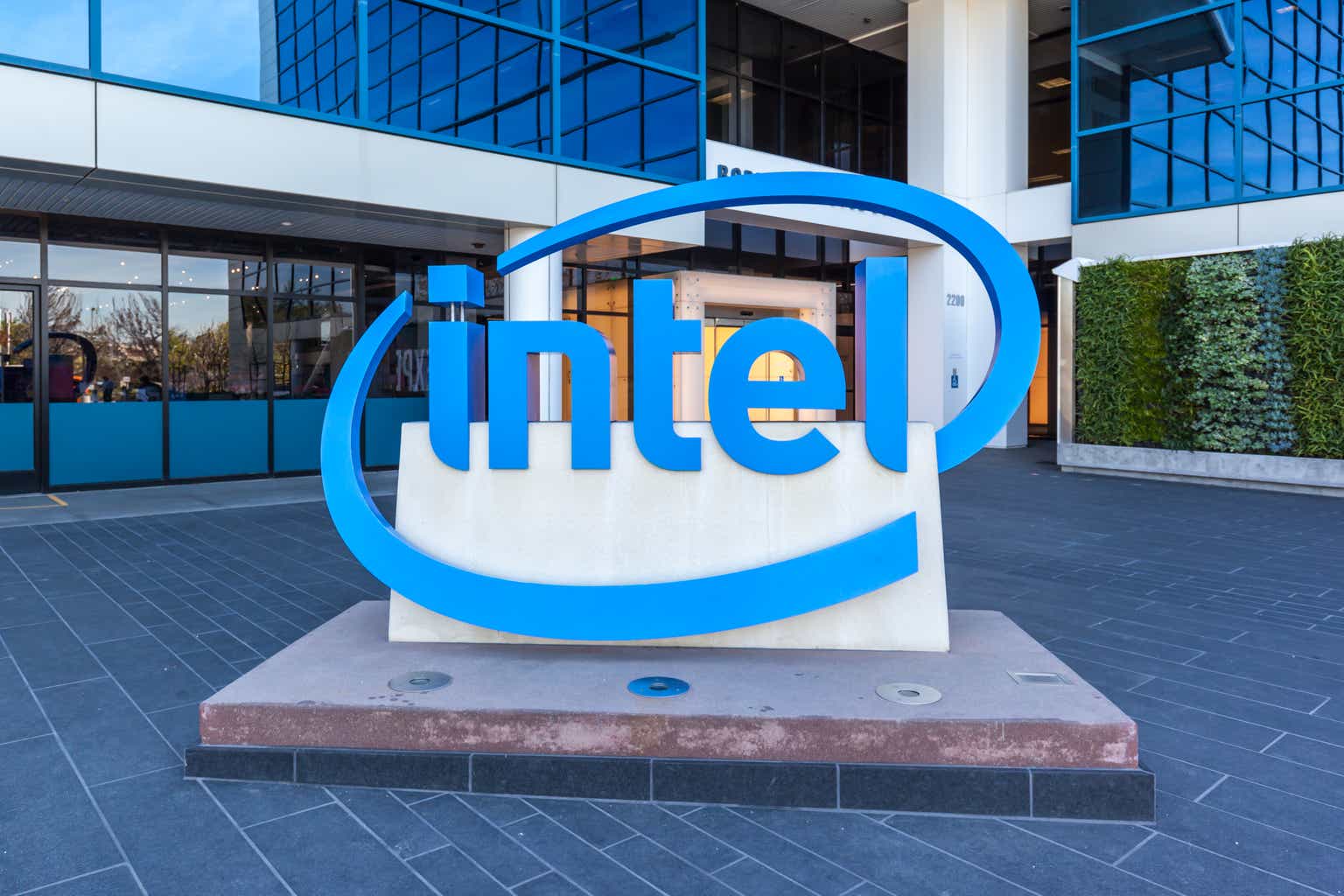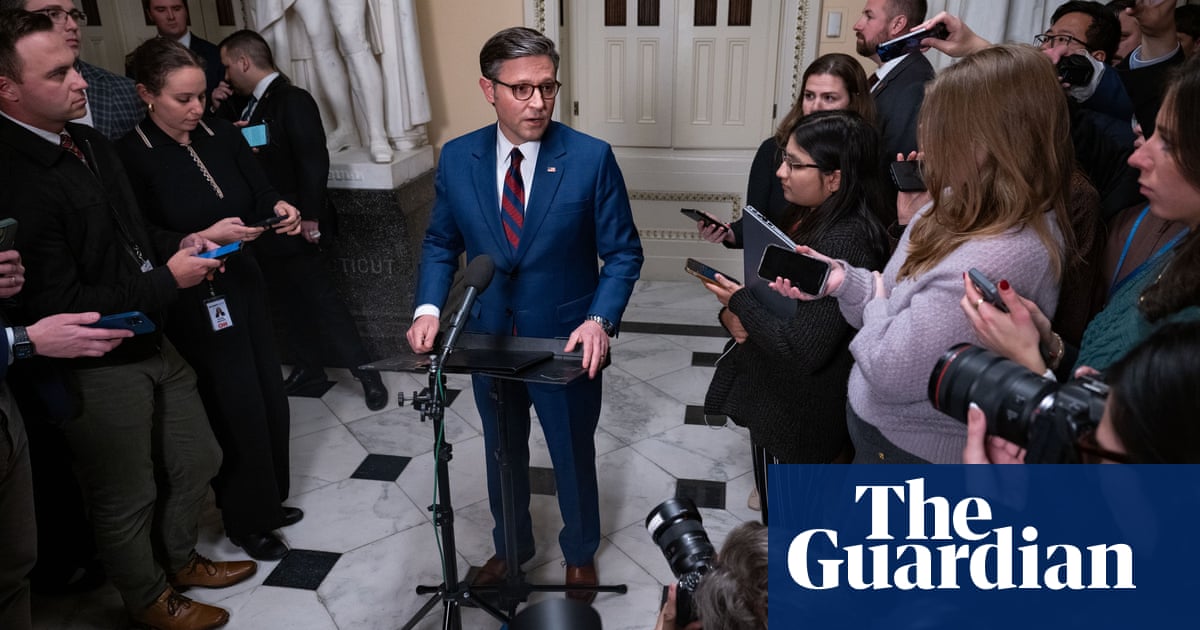No one in Florida will be able to access Pornhub, the most trafficked pornography website worldwide, as of Jan. 1.
Officials with Aylo, the parent company to the site, confirmed it will deny access for all users geo-located in the state. An email from the company made clear the restriction will happen in protest of new age verification requirements imposed by a state law (HB 3) going into effect at the start of 2025.
“Unfortunately, the way many jurisdictions worldwide, including Florida, have chosen to implement age verification is ineffective, haphazard and dangerous,” reads an email from Aylo. “Any regulations that require hundreds of thousands of adult sites to collect significant amounts of highly sensitive personal information is putting user safety in jeopardy. Moreover, as experience has demonstrated, unless properly enforced, users will simply access non-compliant sites or find other methods of evading these laws.”
The new statute imposes age verification requirements on pornography websites and any other publishers of content known to be “harmful to minors.”
Lawmakers scoffed at the web publisher’s tactic.
“The fact that they’ve chosen to shut down instead of complying to ensure that children aren’t accessing their site tells us exactly who their real target audience is,” said state Rep. Chase Tramont, a Port Orange Republican and the prime sponsor for the age verification bill passed this year.
“To be clear, Aylo has publicly supported age verification of users for years,” the email reads, “but we believe that any law to this effect must preserve user safety and privacy, and must effectively protect children from accessing content intended for adults.”
Pornography sites have previously restricted access to content in protest of similar laws. Aylo noted that Pornhub has also tried to comply with laws in other states only to see users in those jurisdictions flock to less reputable sources for titillation.
“We have seen how this scenario plays out in the United States. In Louisiana last year, Pornhub was one of the few sites to comply with the new law,” Aylo’s email reads. “Since then, our traffic in Louisiana dropped approximately 80%. These people did not stop looking for porn. They just migrated to darker corners of the internet that don’t ask users to verify age, that don’t follow the law, that don’t take user safety seriously, and that often don’t even moderate content. In practice, the laws have just made the internet more dangerous for adults and children.”
Aylo reiterated a position it held as Florida’s law was being debated, that age verification requirements should occur at the device-level, such as requirements for smartphone manufacturers to limit access.

“The best solution to make the internet safer, preserve user privacy, and prevent children from accessing adult content is performing age verification at the source: on the device,” the Aylo email reads.
“The technology to accomplish this exists today. What is required is the political and social will to make it happen. We are eager to be part of this solution and are happy to collaborate with government, civil society and tech partners to arrive at an effective device-based age verification solution. In addition, many devices already offer free and easy-to-use parental control features that can prevent children from accessing adult content without risking the disclosure of sensitive user data.”
Rep. Fiona McFarland, a Sarasota Republican, questioned the company’s sincerity in terms of Florida’s best interest.
“If a company can’t abide by Florida laws, then they can’t do business here,” she said.
Post Views: 0
















